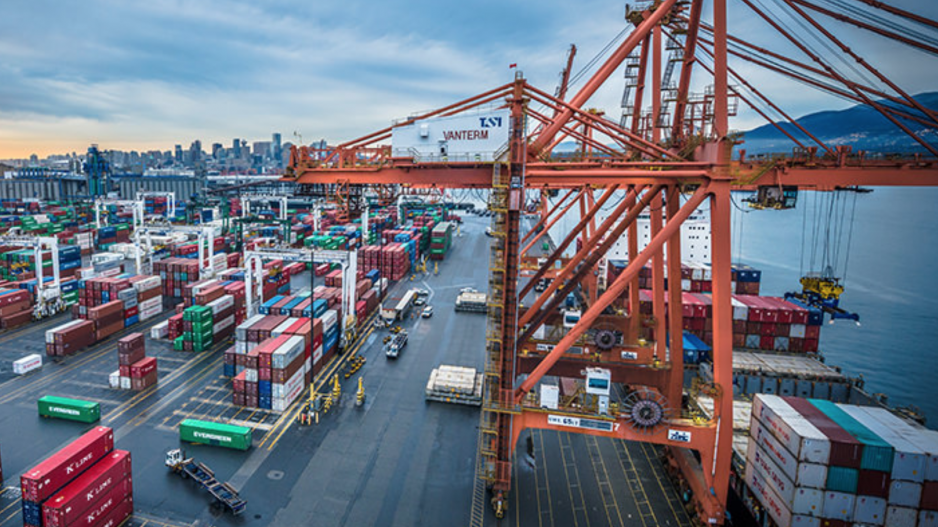A tentative agreement to end a four-day labour dispute on B.C.’s docks was reached Thursday after all-night negotiations between the International Longshore and Warehouse Union Canada (ILWU) and the BC Maritime Employers Association.
As a result, the association lifted a lockout instituted at 8 a.m. Thursday morning and the union has withdrawn its strike notice.
ILWU Canada president Rob Ashton said the tentative agreement was reached with the assistance of federal Labour Minister Patty Hajdu, regional director of the Federal Mediation and Conciliation Service Kathy Peters and service director general Peter Simpson.
The agreement details will not be released pending ratification votes by ILWU members, the union said.
“I’m very happy that we have a deal and very happy that we can return the port back to normal operations,” association chair Jeff Scott said.
He said there was a lull in operations Thursday but full operations would resume by 4:30 Thursday afternoon.
Both sides had returned to the table Wednesday afternoon in hopes of averting a prolonged shutdown.
Shippers and academics have warned a prolonged dispute at ports up and down the coast and on Vancouver Island would severely disrupt supply chains, strangle shipping capacity, back up goods and damage the national economy.
Port Metro Vancouver said that, based on 2018 cargo volumes and average 2018 commodity prices, the estimated cargo value that would be affected by a dispute is $615 million per day.
The ILWU was ready for a full walkout at 7 a.m. Monday, but instead instituted a ban on overtime and other actions without picket lines at GCT Global Container Terminals’ Vanterm and Deltaport facilities in the Vancouver area.
The association characterized it as a work slowdown.
Preserving jobs in the face of port automation and site safety are among concerns ILWU president Rob Ashton has raised.
The association and ports, though, assert automation would save jobs and not be used to replace workers.
Shipping companies have also complained labour costs are too high in the ports.
The lockout affects all ports in Canada’s Asia Pacific Gateway – including the private, northern facility in Stewart. The lockout will not include cruise ship operations or employees required to service grain vessels.




